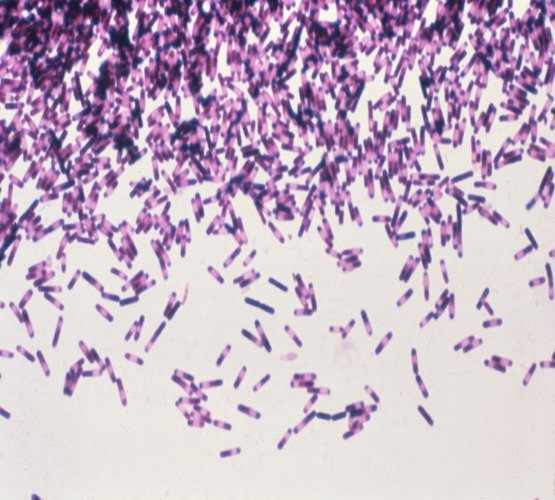Product photo

Product details
Name: Clostridium phytofermentans Putative membrane protein insertion efficiency factor (Cphy_3944) -Baculovirus
Size: 100ug
Catalog no.: GEN1196459.Baculovirus
Order on Gentaur.comGene name
Cphy_3944
Expression system
Baculovirus
Form
Lyophilized protein
Product category
Recombinant Proteins
Other gene names
Cphy_3944; Cphy_3944;
Purity
Greater than 90% (determined by SDS-PAGE)
Available also expressed in:
E Coli ; Yeast ; Baculovirus ; Mammalian Cell
Long name
Recombinant Clostridium phytofermentans Putative membrane protein insertion efficiency factor (Cphy_3944)
Applications
This protein can be used as a positive control for applications such as ELISA, IFA, RIA, Western Blot, etc.
Alternative names
hypothetical protein Cphy_3944; Putative membrane protein insertion efficiency factor; hypothetical protein;
Storage
This protein can be stored at -20 degrees Celsius. For extended periods of time it is recommended to keep the protein frozen at -40 or -80 degrees Celsius. Avoid cycles of freezing and thawing as they might denaturate the polypeptide chains.
General description
Putative membrane protein insertion efficiency factor (Cphy_3944) is a recombinant protein expressed in Baculovirus . The protein can be with or without a His-Tag or other tag in accordance to customer's request. All of our recombinant proteins are manufactured in strictly controlled facilities and by using a well established technology which guarantees full batch-to-bact consistency and experiment reproducibility.
Description
Aplha, transcription related growth factors and stimulating factors or repressing nuclear factors are complex subunits of proteins involved in cell differentiation. Complex subunit associated factors are involved in hybridoma growth, Eosinohils, eritroid proliferation and derived from promotor binding stimulating subunits on the DNA binding complex. NFKB 105 subunit for example is a polypetide gene enhancer of genes in B cells.Associated membrane protein types are lipopolysaccharide selective barriers. Biological membranes include cell membranes, outer coverings of cells or organelles that allow passage of certain proteins and nuclear membranes, which cover a cell nucleus; and tissue membranes, such as mucosae and serosae.
